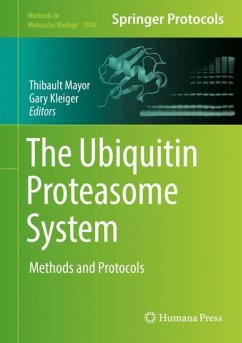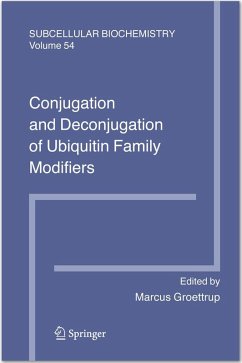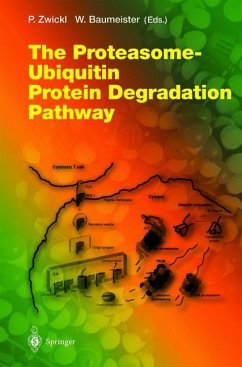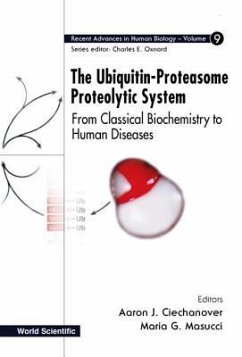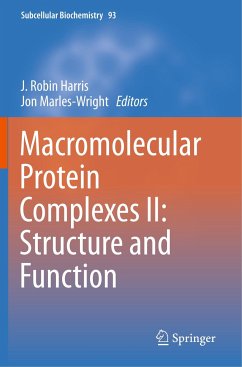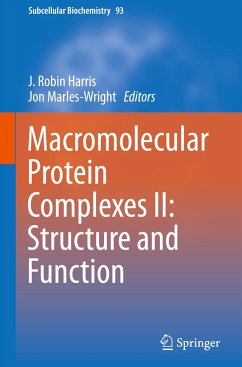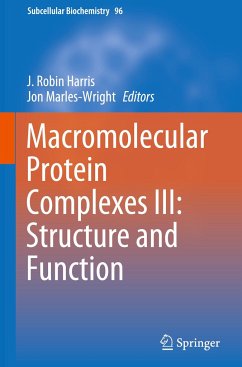
Ubiquitin Family Modifiers and the Proteasome
Reviews and Protocols
Herausgegeben: Dohmen, R. Jürgen; Scheffner, Martin

PAYBACK Punkte
76 °P sammeln!
The ubiquitin-proteasome system (UPS) and ubiquitin-related modifiers are not only involved in cellular protein quality control but also in the regulation of many fundamental cellular processes/pathways as well as in their disease-relevant aberrations. Ubiquitin Family Modifiers and Proteasome: Reviews and Protocols presents both novel developments in UPS research and important methods related to the main recent advances in the field of ubiquitin family modifiers. Divided into five convenient sections, this volume focuses on the enzymology and substrate identification of ubiquitin family modifiers, the recognition and chain formation of these modifiers, the analysis of proteasome biogenesis and function, protein quality control, and finally the use of small molecules and strategies to study or manipulate the function of the UPS and of ubiquitin family modifiers, respectively. Written in the highly successful Methods in Molecular Biology(TM) series format, chapters include introductions to their respective topics, lists of the necessary materials and reagents, step-by-step, readily reproducible protocols, and notes on troubleshooting and avoiding known pitfalls.
Authoritative and easily accessible, Ubiquitin Family Modifiers and Proteasome: Reviews and Protocols will be of great use to investigators and students engaged in both basic and applied research in life sciences.
Authoritative and easily accessible, Ubiquitin Family Modifiers and Proteasome: Reviews and Protocols will be of great use to investigators and students engaged in both basic and applied research in life sciences.






